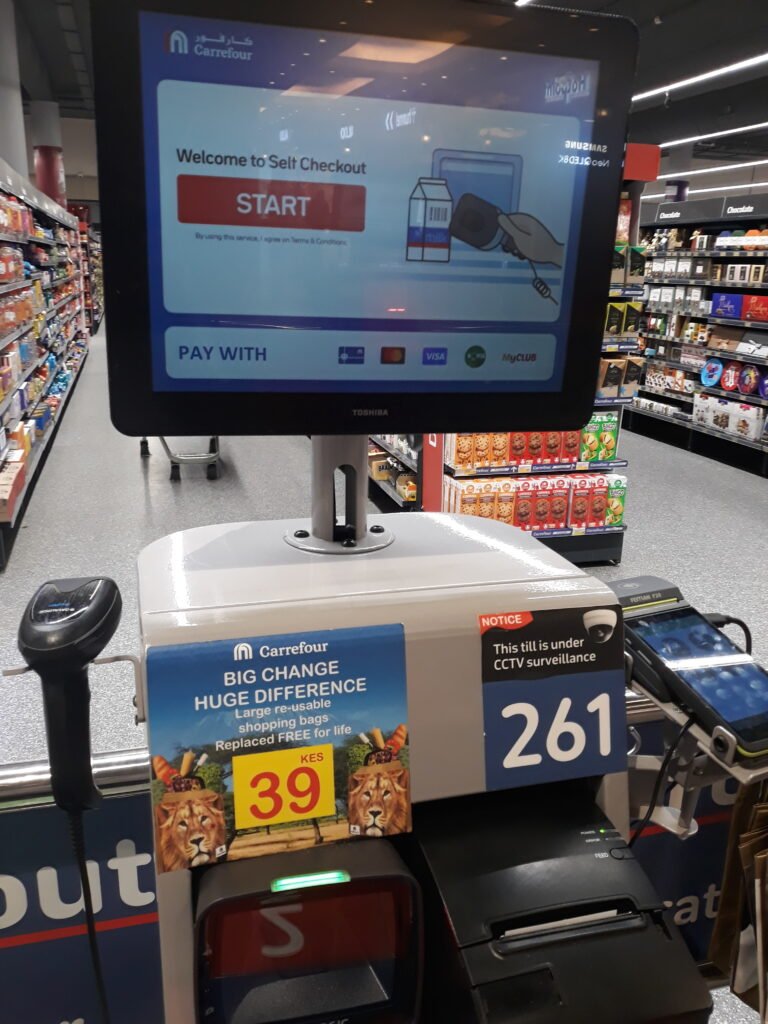By Ann Precious Kinyua
It is not uncommon to find “Lipa mapema na pochi la biashara” stickers in public service vehicles nowadays. Investing in digital advancements gives all sectors of society big opportunities, especially in the realm of financial transactions. However, amidst the convenience of digital money transfers, it is critical to ponder the associated costs.
The digitised method of cash transfer has surged, with Safaricom’s M-Pesa proving convenient. The telco’s extensive network makes it possible for users to reach individuals even in the most remote areas, facilitating not only money transfers, but also communication through phone calls and text messages. This saves consumers a lot of time and money that would have otherwise been spent on travel for various transactions.
In recent times, despite the gradual adaptation of businesses to cashless payment methods and the widespread display of paybills, phone numbers, and till numbers across the country, one can notice some reluctance. Informal sector players such as “mama mbogas,” vendors, and bus conductors have been slow in accepting payments via M-Pesa. This “resistance” manifests in outright refusals of digital payments, insistence on cash-only transactions, and price inflation to cover transaction costs affects the whole chain. It could be time to look into the implications of the transition to digital payments for different sectors of society.
Kenyan vendors and bus conductors are slow to fully adopt cashless money transfer, like M-Pesa, due to various reasons. A January 2022 M-Pesa outage shook Kenyans after it emerged that it was because of a possible merger between Safaricom, the M-Pesa provider, and the Kenya Revenue Authority (KRA) – both parties deny integration of M-Pesa with tax systems, with people familiar with the matter saying the move will possibly put privacy of users at risk. If Safaricom separates M-Pesa from its telecom business, there would be potential tax issues.
Most vendors and bus conductors, citing narrow profit margins, prefer cash transactions. The situation has been necessitated by a perceived “uncertainty” about paying taxes. While the KRA hopes to expand tax base by embracing technology in collection, vendors are worried that someone is watching their cashless transactions in an unfair manner. And the concerns are more about privacy, taxes, and compliance.
A huge chunk of M-Pesa users are also not happy about extra charges by vendors and public transportation companies. It is painful to pay extra costs inform of transaction fees. These high charges make cashless payments less appealing, especially to ordinary customers. For the economy to be fully, or near cashless, government needs to put in place laws that would align costs of digital transactions.


